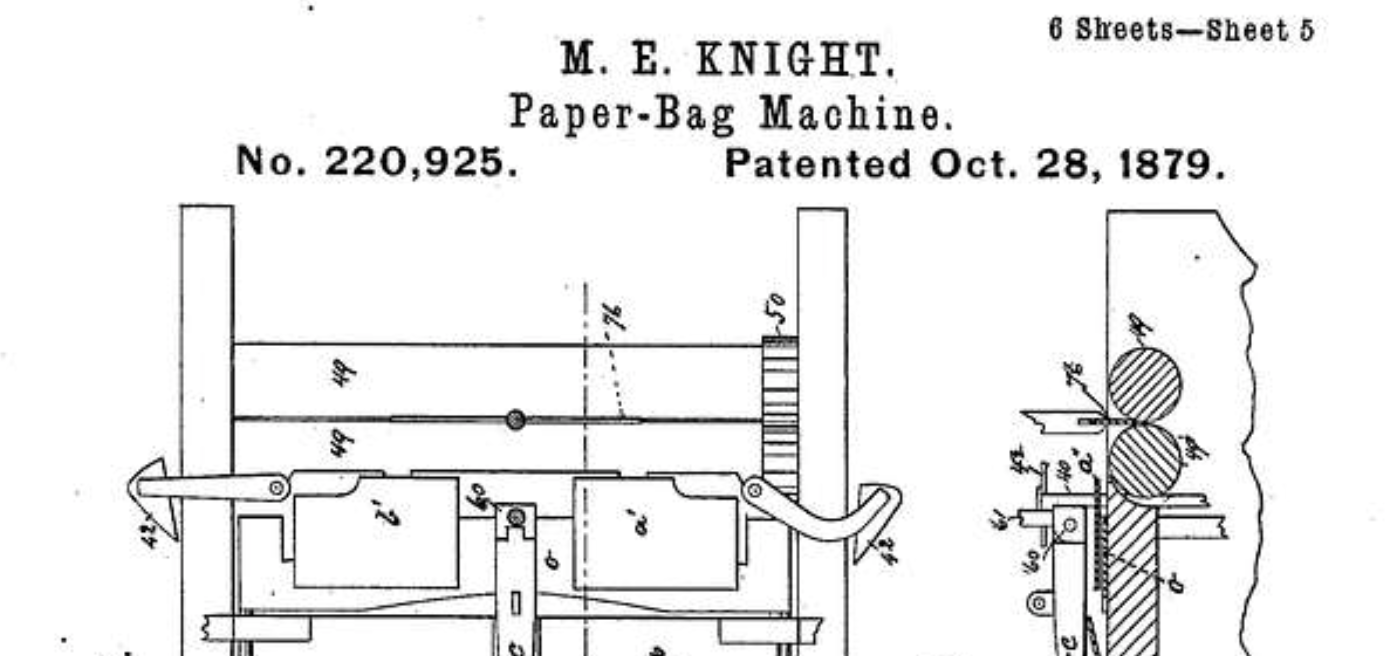Being a Patent Examiner provides a solid foundation for exploring diverse career paths, thanks to the unique combination of technical knowledge, analytical skills, and legal understanding developed in the role. This experience equips you with highly transferable skills that are valued across various industries, making it easier to transition into new and exciting opportunities. Seeking alternative career paths is not only a way to grow professionally but also an opportunity to discover new passions and challenges that can lead to greater job satisfaction and personal fulfillment. To help you explore your options, I’ve compiled a list of the 5 best alternative career paths below, ranked based on skill transferability and current industry trends, providing you with a roadmap for potential career growth and development.
- Patent Agent
- Intellectual Property (IP) Analyst
- Technology Transfer Specialist
- Technical Writer
- Business Analyst
Patent Agent
Patent Agents draft and file patent applications, conduct prior art searches, respond to office actions from the USPTO, and communicate with inventors to understand their inventions. They analyze patentability, provide guidance on IP-related issues, and work closely with attorneys and business teams to protect intellectual property. A typical day involves reviewing patent applications, researching prior art, drafting responses to USPTO actions, and meeting with clients to discuss their inventions.
Skill Transferability
The skill transferability for Patent Agents is exceptionally high due to the direct application of technical expertise and patent law knowledge gained as a Patent Examiner. Analytical, research, and writing skills developed as an examiner are highly applicable to patent agent work. The ability to understand complex technologies, interpret legal requirements, and communicate technical concepts clearly are all valuable skills that transfer seamlessly from a Patent Examiner role to a Patent Agent position. Additionally, the experience in evaluating patentability and conducting prior art searches is directly relevant to the day-to-day responsibilities of a Patent Agent.
Industry Trends
Industry trends show growing demand for patent agents due to increased innovation and the need for intellectual property protection across various sectors. Specifically, there’s a rising need in fields such as biotechnology, pharmaceuticals, electronics, and software, as these industries continue to produce new inventions at a rapid pace. The global competition for intellectual property rights and the increasing complexity of patent laws are also driving the demand for skilled patent agents, particularly those with expertise in emerging technologies like artificial intelligence and nanotechnology.
Intellectual Property (IP) Analyst
IP Analysts evaluate patents and other intellectual property assets for businesses and research institutions. They conduct patent searches, analyze patent portfolios, assess the strength and value of IP assets, and provide strategic recommendations for IP management. Their day-to-day activities include researching patent databases, preparing reports on IP landscapes, and collaborating with legal teams and inventors to develop IP strategies.
Skill Transferability
The skill transferability for IP Analysts is high due to the significant overlap with the skills developed as a Patent Examiner. The ability to understand complex technical information, analyze patent claims, and conduct thorough prior art searches are directly applicable to the IP Analyst role. Additionally, the knowledge of patent law and the patent application process gained as a Patent Examiner is invaluable in assessing IP portfolios and developing IP strategies.
Industry Trends
The IP Analyst field is experiencing growth due to the increasing importance of intellectual property in the global economy. Companies are recognizing the value of their IP assets and seeking professionals who can help them maximize this value. Specifically, there’s growing demand for IP analysis in emerging technologies such as artificial intelligence, biotechnology, and renewable energy, as well as in industries facing rapid technological changes like telecommunications and pharmaceuticals.
Technology Transfer Specialist
Technology Transfer Specialists facilitate the transfer of new technologies and innovations from research institutions to commercial entities. On a day-to-day basis, they evaluate the commercial potential of inventions, manage intellectual property protection, negotiate licensing agreements, and collaborate with researchers, lawyers, and industry partners. They also develop marketing strategies for new technologies and oversee the process of bringing these innovations to market.
Skill Transferability
The skill transferability for Technology Transfer Specialists is high due to the significant overlap with the expertise developed as a Patent Examiner. The ability to understand complex technical information, analyze patent claims, and assess the novelty and non-obviousness of inventions are directly applicable to this role. Additionally, the knowledge of patent law and the patent application process gained as a Patent Examiner is invaluable in evaluating the patentability of new technologies and managing intellectual property portfolios.
Industry Trends
The field of technology transfer is experiencing growth due to the increasing emphasis on translating academic research into practical applications and commercial products. Universities and research institutions are placing greater importance on commercializing their intellectual property to generate revenue and demonstrate the impact of their research. Specifically, there’s growing demand for technology transfer in emerging fields such as biotechnology, artificial intelligence, clean energy technologies, and advanced materials, as these areas continue to produce innovative solutions with significant commercial potential.
Technical Writer
Technical Writers create clear, concise documentation for complex products, processes, and technologies. On a daily basis, they research technical information, collaborate with subject matter experts, draft and revise documentation, and ensure content is accurate and user-friendly. They may also attend meetings, review product features, and update existing documentation to reflect changes or improvements.
Skill Transferability
The skill transferability for Technical Writers is substantial due to the overlap with skills developed as a Patent Examiner. Both roles require the ability to understand and explain complex technical concepts, conduct thorough research, and write clear, precise documentation. The analytical skills and attention to detail honed as a Patent Examiner are directly applicable to technical writing. Additionally, the experience in interpreting and applying technical standards and regulations is valuable in ensuring documentation meets industry requirements.
Industry Trends
The demand for Technical Writers is growing due to the increasing complexity of products and technologies across various industries. There’s a particular surge in demand within the software, healthcare, and manufacturing sectors as companies recognize the importance of clear documentation for user adoption and regulatory compliance. The trend towards remote work has also expanded opportunities for Technical Writers, allowing them to work with companies globally and contribute to a wider range of projects.
Business Analyst
Business Analysts gather and analyze data, identify business needs, and propose solutions to improve organizational processes and systems. On a daily basis, they conduct stakeholder meetings, document requirements, create process models, analyze data, and collaborate with technical teams to implement solutions. They also prepare reports, presentations, and documentation to communicate findings and recommendations to various stakeholders.
Skill Transferability
The skill transferability for Business Analysts is substantial due to the overlap with skills developed as a Patent Examiner. Both roles require strong analytical abilities, attention to detail, and the capacity to understand complex technical information. The experience in evaluating and documenting detailed specifications as a Patent Examiner translates well to defining business requirements and processes. Additionally, the research skills and ability to synthesize information from various sources are valuable in both roles, making the transition from Patent Examiner to Business Analyst relatively smooth.
Industry Trends
The demand for Business Analysts is growing due to the increasing need for data-driven decision-making and process optimization across industries. Organizations are recognizing the value of business analysis in improving efficiency, reducing costs, and driving digital transformation initiatives. Specifically, there’s a rising demand for Business Analysts with expertise in data analytics, artificial intelligence, and agile methodologies, as companies seek to leverage these technologies to gain competitive advantages.




